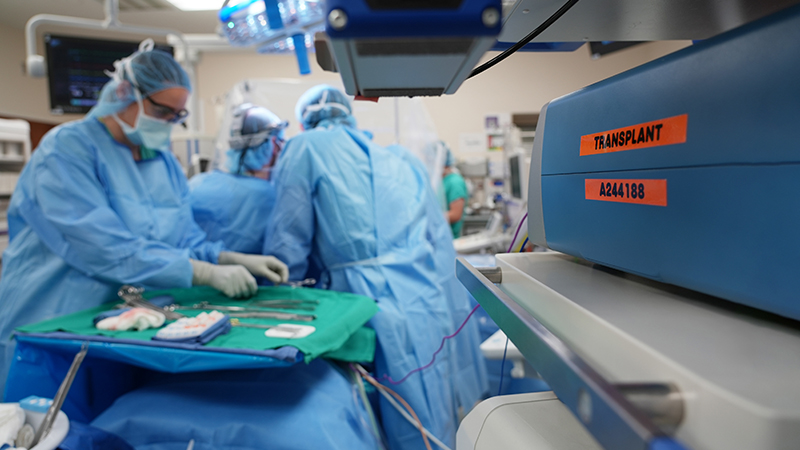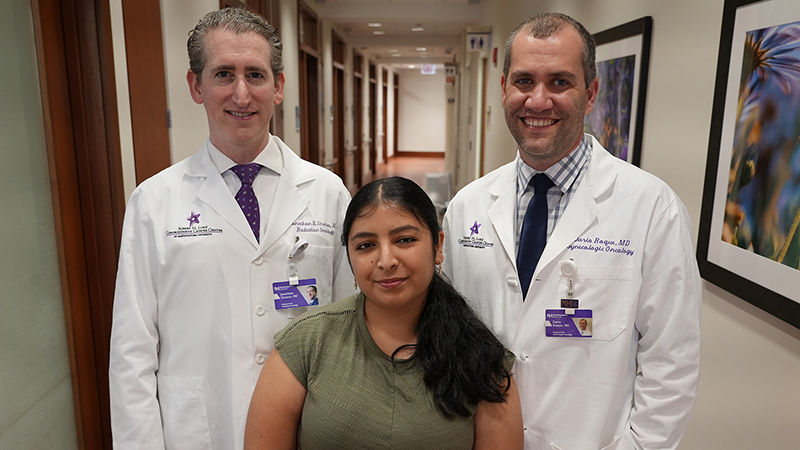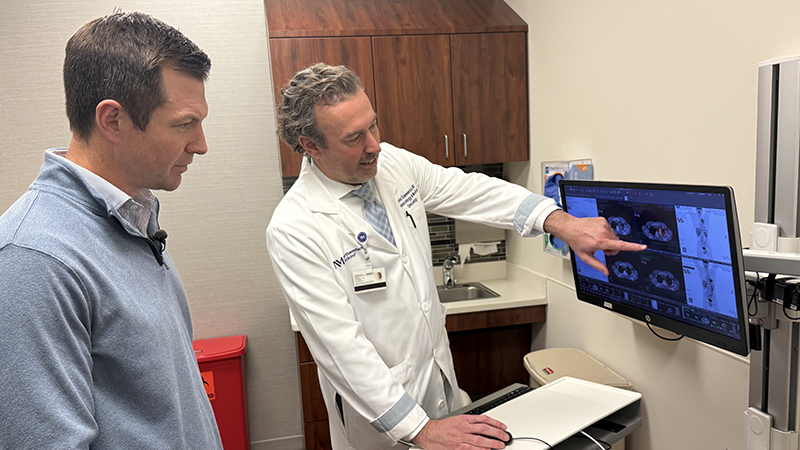A State Representative’s Recovery From Prostate Cancer
Published August 2021
La Shawn Ford's Triumph
In 2020, Illinois State Rep. La Shawn Ford, Chicago, was only 48. When he requested a prostate cancer screening from his primary care physician, he was told he was too young.
As a Black man, Rep. Ford knew he had a higher risk of being diagnosed with and dying from prostate cancer compared to other men. So, months later, he decided to advocate for himself. He visited Northwestern Memorial Hospital, where he saw Edward M. Schaeffer, MD, PhD, chief chair of Urology at Northwestern Medicine and director of the Genitourinary Oncology Program at the Robert H. Lurie Comprehensive Cancer Center of Northwestern University. In October 2020, he was diagnosed with prostate cancer.
Rep. Ford's story brings needed attention to this critical health disparity.— Edward M. Schaeffer, MD, PhD
Road to Recovery
"It was an aggressive form of cancer," says Dr. Schaeffer. "We had to take action right away."
Thanks to early detection of the cancer followed by immediate surgery, Rep. Ford publicly announced his recovery in June 2021. Dr. Schaeffer says the implications of his survival are vital for local men in Black communities.
"Prostate cancer disproportionally affects men of African ancestry," he explains. "Rep. Ford's story brings needed attention to this critical health disparity."
Pursuing Healthy Equity
Today, Northwestern Medicine continues its long history of initiatives designed to combat health disparities. As for Rep. Ford, his smooth recovery has allowed him to continue advocating for better health outcomes in minority groups.
"It's important to advocate for yourself," says Rep. Ford. "Had I not done so, the outcome might have been really different. Early detection is so important." He advises that if you are concerned about your risk for prostate cancer, you should not be afraid to request a prostate-specific antigen (PSA) screening or colonoscopy during a visit with your primary care physician.
If you have a family history of prostate cancer or have other risk factors, explore your options for screening with your primary care physician.






